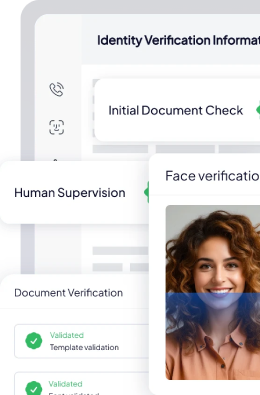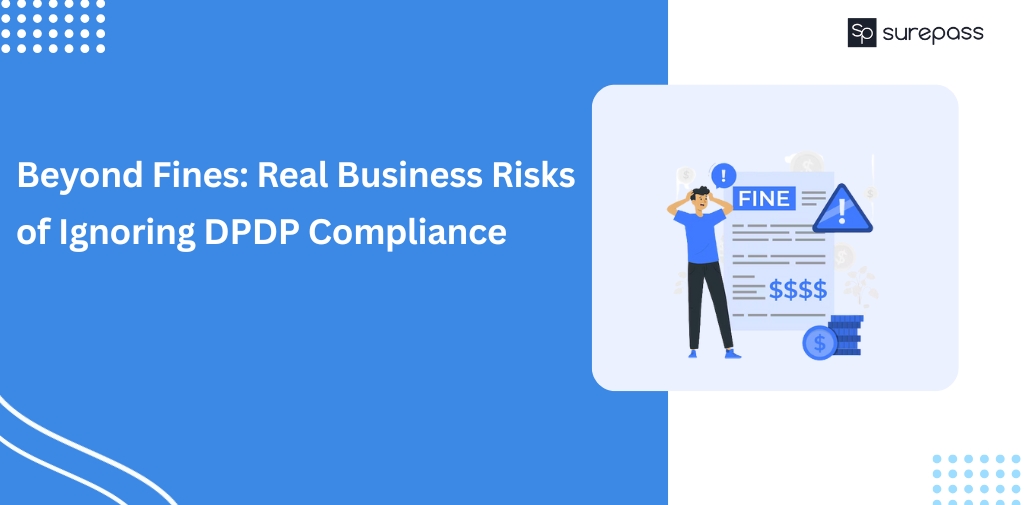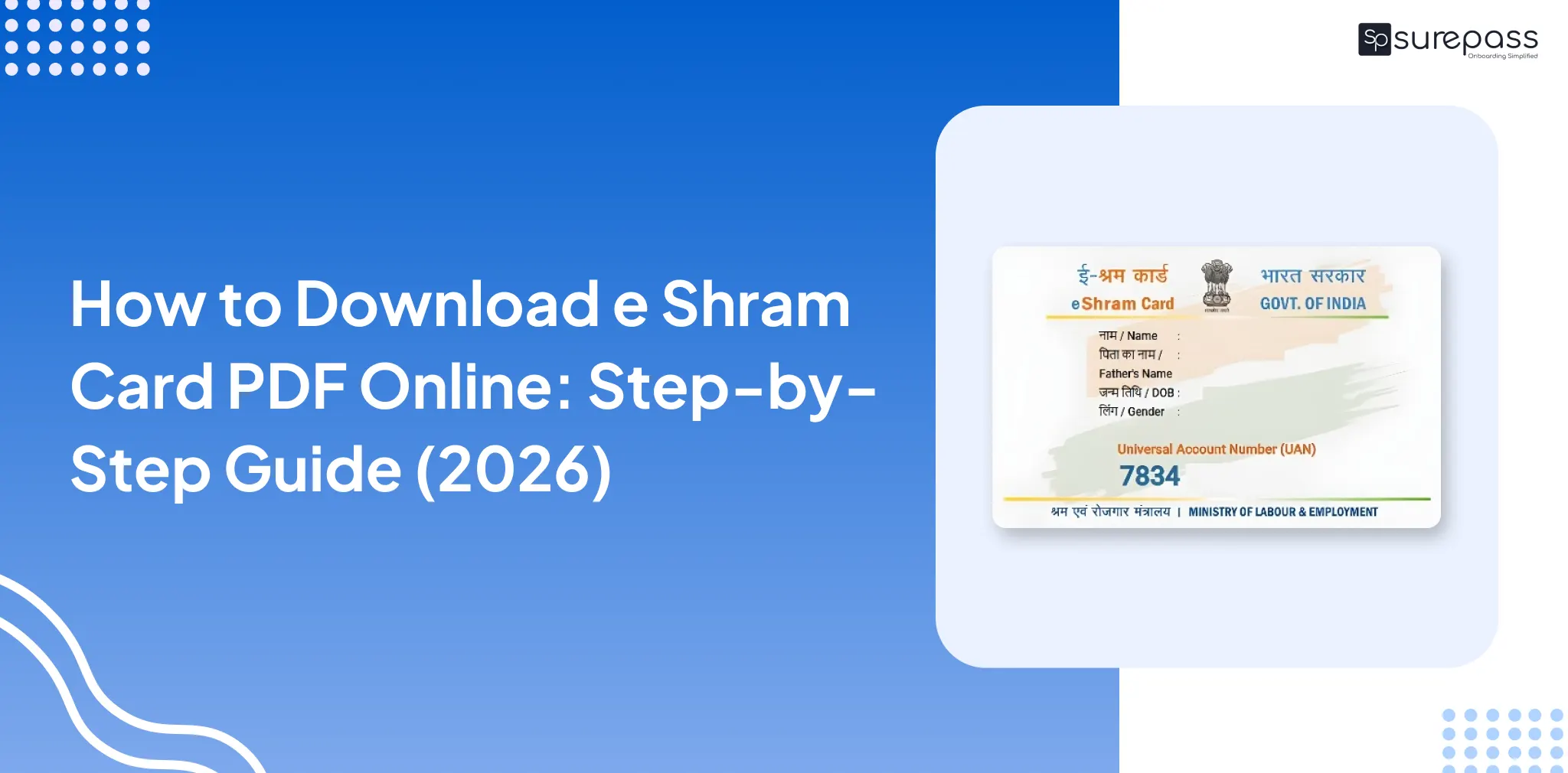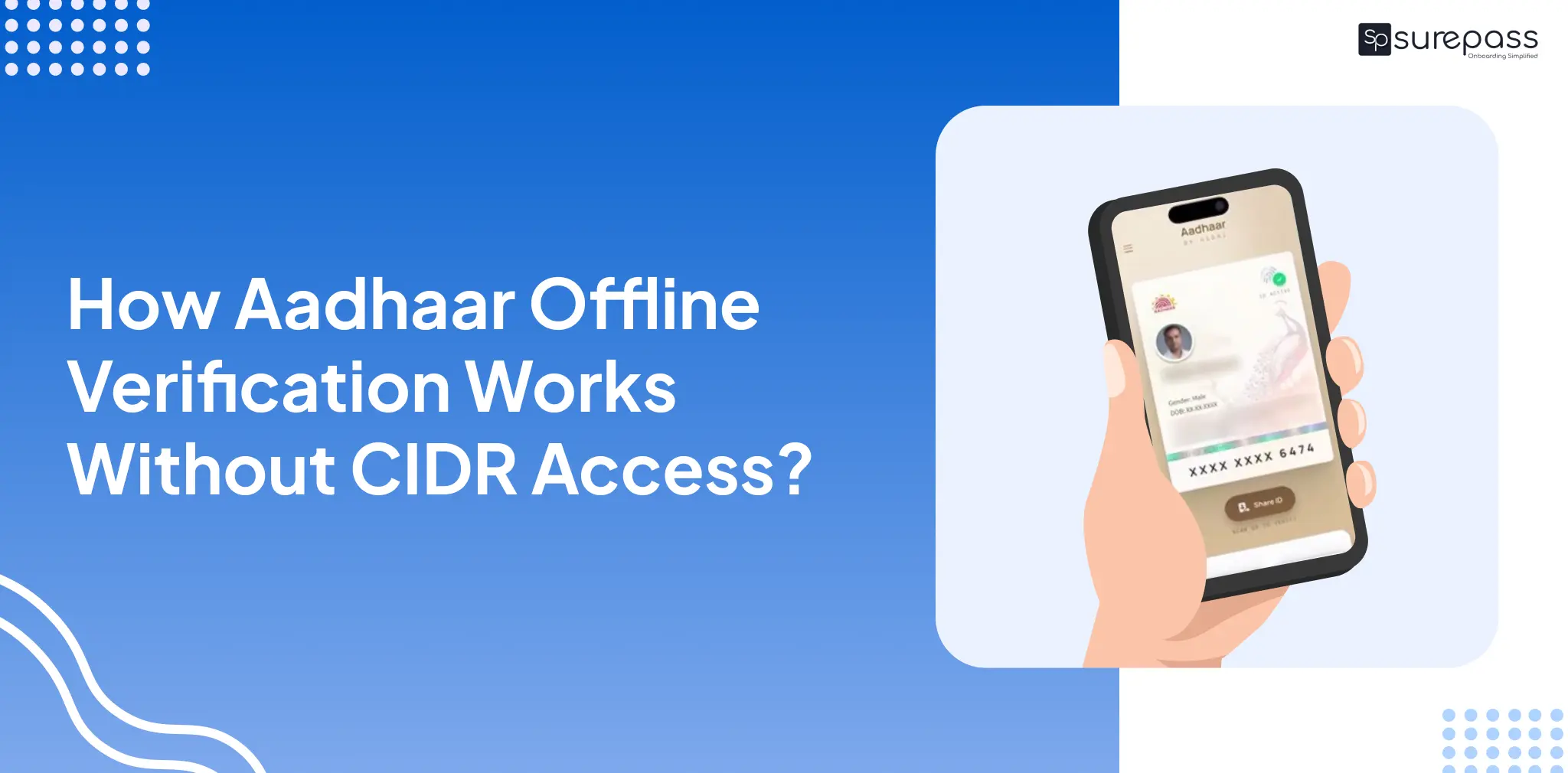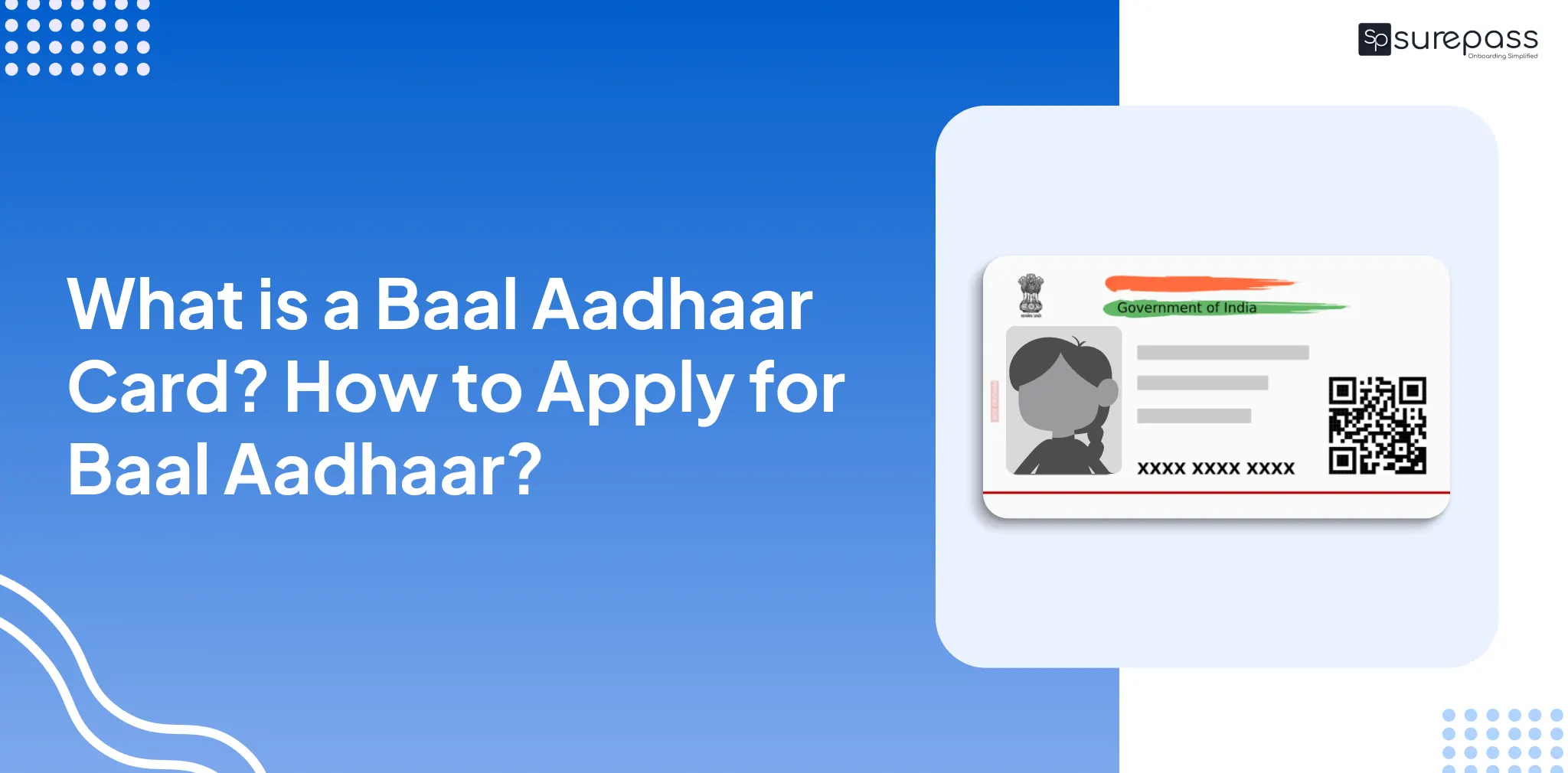Many businesses still don’t understand the impact of the Digital Personal Data Protection (DPDP) Act. They thought that following the DPDP regulations is essential for a large corporation. However, it’s a myth whether you are a startup, SME, or enterprise; if you collect, store, process, or share data, you are legally required to comply with the DPDP Act. Because non-compliance can bring serious consequences, such as financial penalties, damage to reputation, and customer trust. So, each business needs to be aware of DPDP compliance and the consequences it brings.
Risks of Ignoring DPDP Compliance
These are the following risks a business can face for being non-compliance with the DPDP Act.
- Customer Will Not Retain: If you don’t protect the data properly, people will stop trusting your brand. If your shopping app leaks phone numbers, customers will move to competitors.
- Government Can Shut You Down: It stops you from collecting new customer data, forces you to pay for expensive audits, and takes legal action against you.
- You will Lose Business Opportunities: Big companies may not work with you if you are not compliant or have a proper consent management system.
Automate your KYC Process & reduce Fraud!
We have helped 200+ companies in reducing Fraud by 95%
The Rise of Privacy-Conscious Consumers
Our younger consumers are becoming increasingly aware of how their data is collected and used. With growing concerns over data misuse and digital privacy. Users are now likely to engage with brands that are open and transparent about their data protection practices. Businesses that fail to communicate clearly or show responsibility in handling personal information risk losing customer trust and loyalty. According to the Digital Personal Data Protection Act, it’s essential to maintain strong privacy; it not only helps in compliance but also builds trust and retains customers.
Legal Action and Fines for not following DPDP compliance
DPDP in India charges strict penalties for non-compliance:
| Violations | Penalty |
| Failure to protect personal data (e.g., data breach due to negligence) | Up to ₹250 Crore |
| Non-Fulfilment of additional obligations (e.g., for Significant Data Fiduciaries) | Up to ₹200 Crore |
| Non-reporting of Data Breach to the Data Protection Board (DPB) and affected users | Up to ₹200 Crore |
| Processing Children’s data without parental consent | Up to ₹200 Crore |
| Non-Compliance with DPB directions (e.g., failing to respond to notices) | Up to ₹50 Crore |
| Breach of Additional Condition (e.g., unlawful data retention) | Up to ₹10 Crore |
How Businesses Can Prepare for DPDP Compliance?
Businesses can follow points below to prepare for DPDP Compliance:
- Check What Data You Have: Find out what customer/employee data the company collects (name, emails, phone numbers, etc.). Track where the data gets stored (cloud, servers, or third-party tools).
- Get Clear Consent: Get proper consent from the user before collecting their data (no hidden checkboxes). Let them easily withdraw consent (simple “unsubscribe” or “delete my data” options).
- Protect Data Like Vault: Use strong passwords, encryption, and give limited access. Make sure to have a ready plan in case of a data leak (who to inform, and how to fix it).
- Train Your Team: Teach employees how to handle data safely. Make sure they know DPDP rules (no sharing data carelessly).
- Keep an Eye on Vendors: If you share data with other companies (like payment processors), ensure they follow DPDP too. Update contracts to include data protection rules.
Conclusion
At present, ignoring the DPDP compliance is a major threat to businesses. Being a small business does not mean you are free from fines and duties. It’s about safeguarding your clients’ trust and protecting your image. Since, consumers have become more concerned about privacy, companies that demonstrate accountability regarding the handling of personal data will be noticed. No matter whether you’re a start-up, small, medium-sized, or an enterprise of any size, compliance with the DPDP Act is not optional; it’s a legal requirement.
Failure to safeguard data could cause massive penalties in legal trouble, as well as the loss of trust from customers. Business owners can take proactive steps in protecting data, such as gathering clear consent, educating personnel, and monitoring the actions of the activities of third-party vendors. They can comply and establish long-term trust. DPDP Act is not just the law that regulates, but an opportunity to let customers know that they are valued and respected.
FAQs
Ques: What are the consequences of non-compliance with DPDP?
Ans: According to the DPDP Act, businesses can face heavy penalties up to ₹250 crore if they fail to report them on time.
Ques: What are the consequences of a data breach and non-compliance?
Ans: Data breaches and non-compliance can lead to fines, legal issues, business disruptions, and loss of customer trust.
Ques: How do penalties for non-compliance with data protection regulations impact a business?
Ans: Penalties for data protection non-compliance can lead to heavy fines, legal issues, and loss of customer trust.
Ques: What does consent mean under DPDP?
Ans: Consent means getting permission from users before collecting their data.
Ques: What businesses need to follow the DPDP Compliance?
Ans: Businesses that collect, store, or share personal data of people must follow DPDP compliance.
